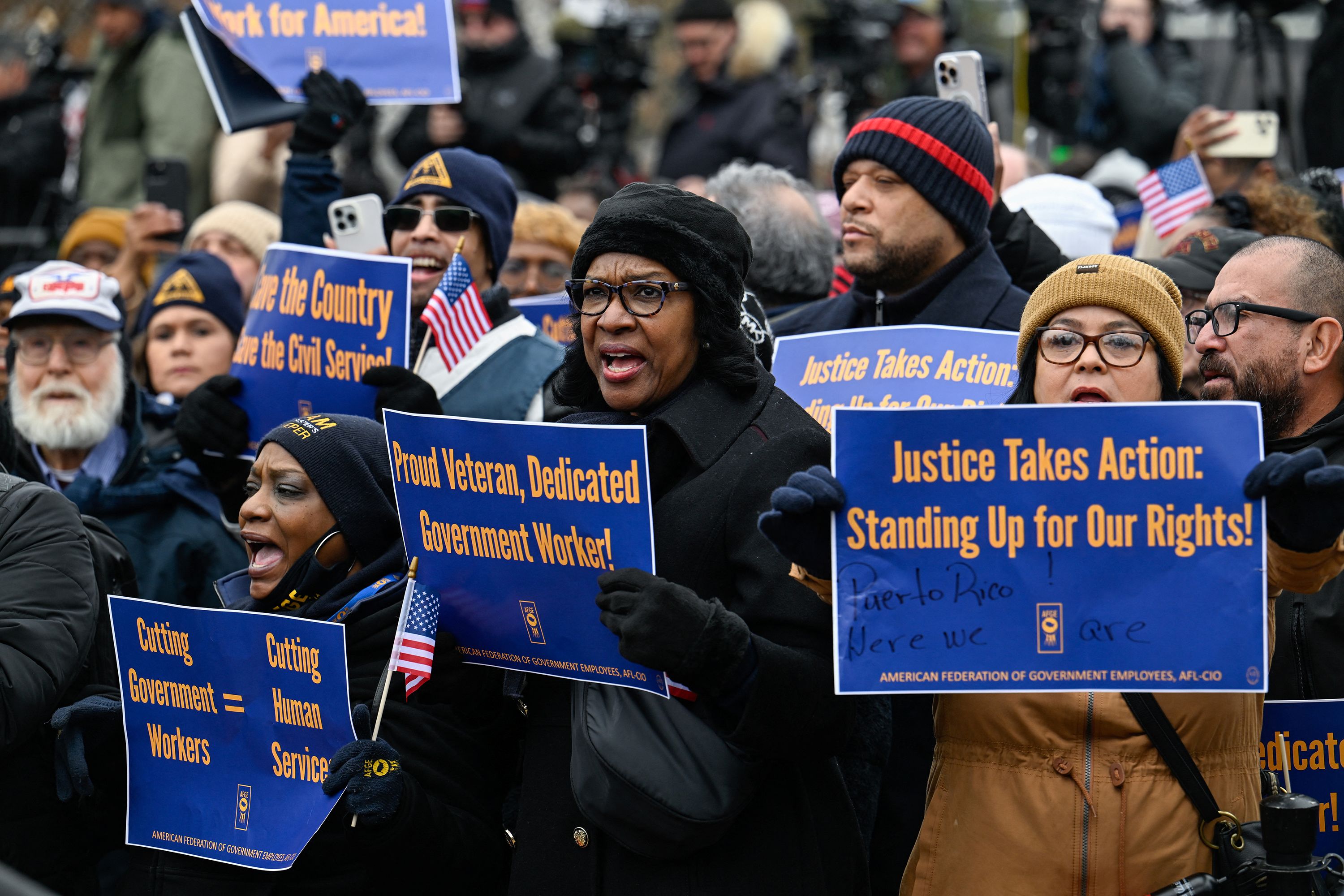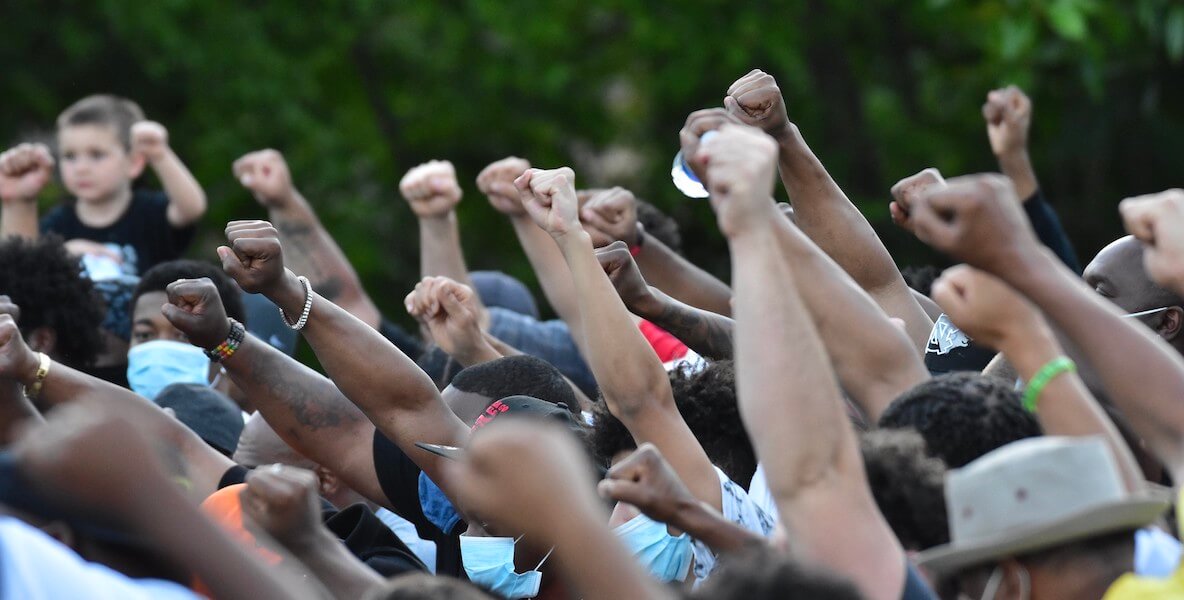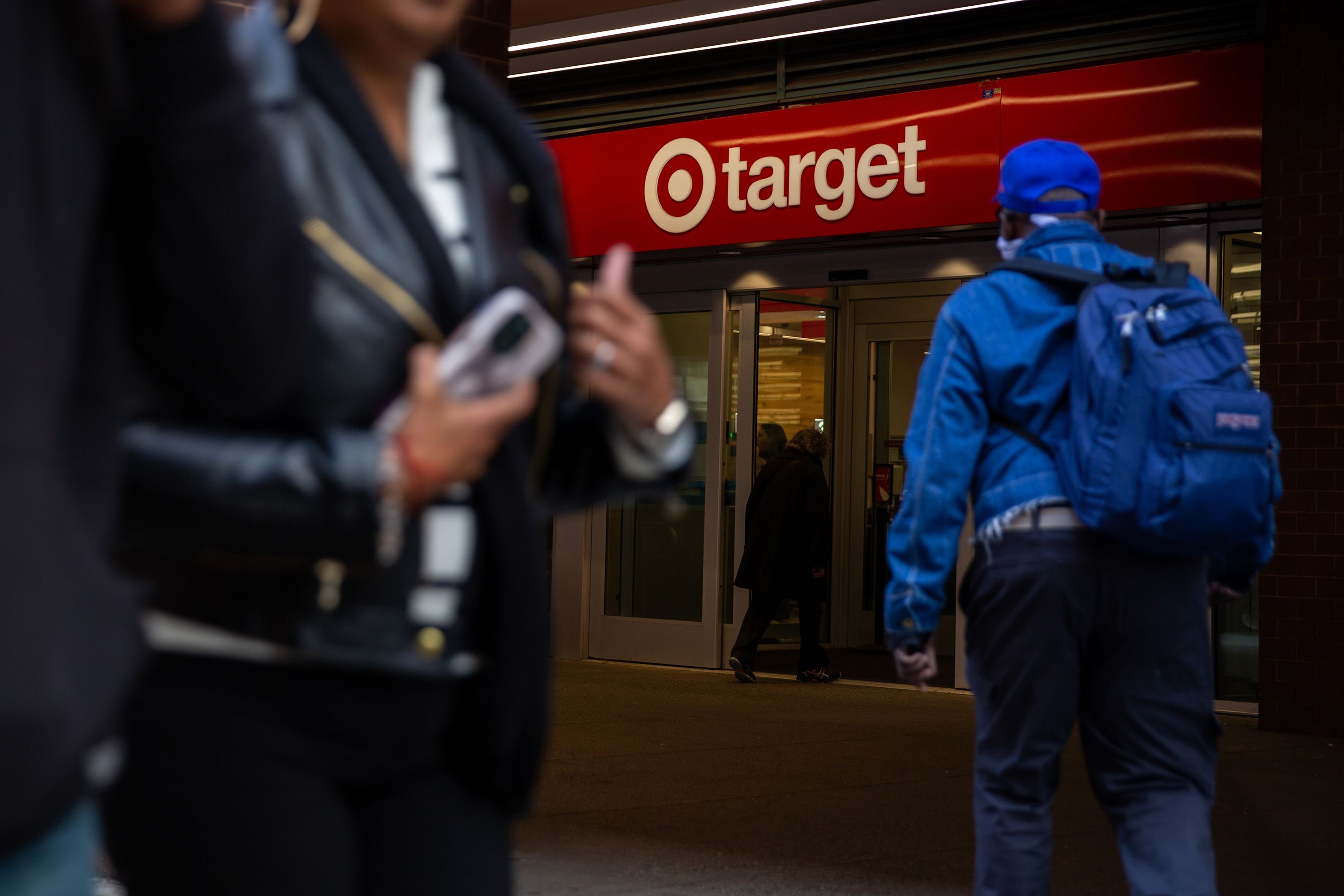- BlackVoter.Org
- Posts
- BlackVoter.Org
BlackVoter.Org

Portland Mayor Keith Wilson has officially proclaimed February 2025 as Black History Month, inviting all residents to honor the vital contributions of African Americans, especially in the labor movement. This year's theme, "African Americans and Labor," highlights significant figures like Augustus “Gus” Waterford, Portland's first Black firefighter, and emphasizes the essential role that Black labor has played in shaping American history and rights.
Mayor Wilson's call to action serves as a reminder of the resilience, innovation, and cultural influences that Black Americans have provided despite facing systemic racism and challenges. This proclamation, supported by the City of Portland African American Network, encourages a collective reflection on Black history, celebrating triumphs and advocating for ongoing progress toward equality.

The article from New Lines Magazine explores the complex land disputes between African Americans relocating to Ghana and the local communities. The Year of Return initiative, launched in 2019, aimed to reconnect the African diaspora with their ancestral roots, sparking a migration wave of African Americans eager to reclaim their heritage.
While many feel a deep sense of belonging upon arriving, the integration process has revealed tensions—locals express frustration that their ancestral land has been allocated to wealthier “returnees,” leading to objections over land accessibility and rising prices. Critics argue that government favoritism toward diaspora investments exacerbates existing economic disparities.
The Pan African Village project is a focal point, seen as both a beacon of hope for returnees and a source of resentment among Ghanaians. The article emphasizes the importance of fostering dialogue, inclusivity, and equitable resource access to ensure a harmonious coexistence and a fruitful exchange between cultures.

Actress KJ Smith Urges Black Americans: Explore Global Opportunities Amid Political Turmoil at Home!
Actress KJ Smith is inspiring Black Americans to explore relocation options abroad amid the tumultuous U.S.
political climate. At the recent NAACP Image Awards, she emphasized the importance of reconnecting with African roots and considering places that welcome Black individuals with open arms.
Smith, known for her roles in Tyler Perry productions, cited the growing Blaxit movement that encourages African Americans to seek opportunities overseas, particularly in Africa. She highlighted initiatives like Ghana’s Right of Abode policy and citizenship options in Benin and Sierra Leone for descendants of enslaved Africans.
Smith stressed that while her message is not meant to incite fear, the ongoing challenges in the U.S.
may prompt many to find a better quality of life elsewhere. Her remarks contribute to a broader dialogue about identity, mobility, and the pursuit of belonging in a changing world.

A San Francisco federal judge has temporarily halted mass firings of probationary federal workers in a significant win for labor unions battling the Trump administration's workforce reductions. Judge William Alsup ruled that the Office of Personnel Management (OPM) likely overstepped its authority to direct these firings, which primarily targeted employees with less than a year on the job.
Labor unions argue the firings were based on false claims of poor performance and could affect up to 200,000 probationary workers across various agencies. The ruling grants a reprieve as unions push back against what they call illegal terminations, and echoes growing concerns about the administration's broader efforts to shrink the federal workforce.
Unions celebrated this victory but recognize it as only the first step in a longer legal battle. A hearing on the case is set for mid-March, promising more developments in this pivotal conflict over federal employment policies.

In the wake of George Floyd's tragic death, Philadelphia grapples with the urgent quest for racial justice and police reform. This compelling article from The Philadelphia Citizen outlines practical steps that individuals can take to advocate for change.
It emphasizes the importance of awareness and education, urging White allies to facilitate conversations about racism. It highlights successful policing models from cities like Camden and Newark and stresses the need for community engagement and accountability in the police force.
The piece advocates for supporting local Black-owned businesses, participating in grassroots advocacy, and demanding transparency from corporations on their diversity commitments. By taking part in local initiatives and pushing for systemic reforms, Philadelphians can contribute to a more equitable future.
The article is a rallying cry to stay engaged, educate others, and take actionable steps toward real change in the ongoing fight against racial injustice.

Amid a growing backlash against companies retreating from diversity, equity, and inclusion (DEI) initiatives, Black consumers are leading a boycott against retailers like Target, which recently scaled back its DEI commitments. Many feel betrayed after Target's previous pledges to uplift Black communities.
Activists, including faith leaders, are encouraging the public to redirect their spending toward Black-owned businesses, calling it a "spiritual act of resistance." The Rev.
Jamal Bryant's "Target Fast" encourages participants to avoid the retailer for 40 days, reaffirming the importance of supporting businesses that align with social justice values. While some economists doubt the economic impact of these boycotts, activists insist that Black dollars matter.
Drawing parallels to historical civil rights actions, the movement emphasizes solidarity and the need for corporations to honor their promises to the communities that support them.

In a compelling conversation with Rev. Al Sharpton, he sheds light on the urgent challenges facing democracy under President Trump’s administration, particularly the rollback of diversity, equity, and inclusion (DEI) initiatives.
Sharpton, a long-time civil rights advocate, emphasizes that the fight for justice and representation is far from over. With executive orders erasing gains made over decades, he calls upon Americans—especially those in marginalized communities—to unite and organize actively for change.
He urges individuals to engage locally, participate in boycotts against companies dismantling DEI programs, and prepare for the upcoming midterm elections. Highlighting the power of coalition-building, he stresses that diversity benefits everyone, not just minorities.
As the Chicago Defender embarks on a series exploring the state of democracy in America, Sharpton's insights remind us that in times of crisis, our collective voices must rise in action to reclaim our rights and future.